ANALYSIS: Highways to Nowhere? Moldova’s Big Projects, Bigger Problems Ahead of September Vote
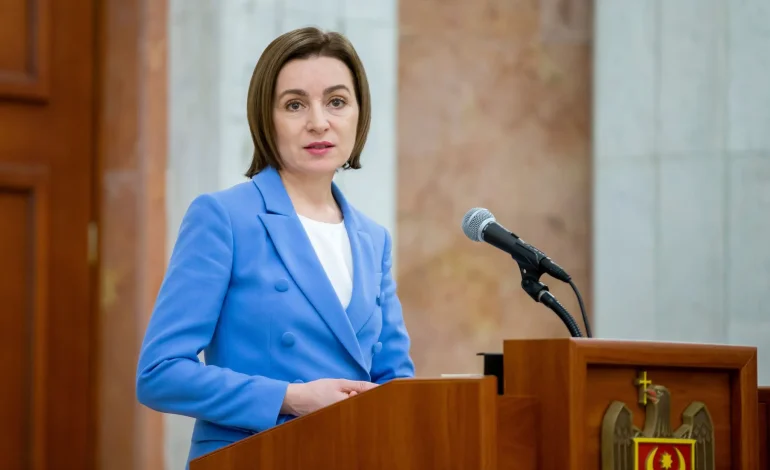
Moldova’s government is once again promising to build its way into Europe. At the opening of Moldova Business Week, Deputy Prime Minister and Economy Minister Doina Nistor stood at the podium and unveiled a headline-grabber: a future high-speed motorway linking the Romanian border to Odessa. Supposedly, this “East–West corridor” will transform regional logistics, help rebuild Ukraine, and anchor Moldova into European supply chains.
It’s an impressive vision on paper. But to anyone living in Moldova today (and especially with parliamentary elections looming on 28 September) it sounds like déjà vu: another expensive mega-project, another promise of EU integration, another headline for Brussels and Washington.
Grand Projects vs. Gritty Reality
The government says a full feasibility study will be ready by the end of 2025. But it hasn’t even specified exactly where the road will cross into Ukraine. Nor has it explained how the motorway would bypass politically sensitive regions like Transnistria, where Russian troops remain stationed. Previous cross-border infrastructure pledges, such as the long-touted bridge over the Dniester, remain stuck in limbo.
This is the backdrop of a government whose image abroad as the “most pro-Western administration in Moldova’s history” increasingly clashes with the frustration of voters at home. Highways and summits may win applause in Brussels, but Moldovan households are still fighting energy bills, inflation, and stagnant wages.
EU Integration Without Domestic Delivery
President Maia Sandu and her ruling Party of Action and Solidarity (PAS) like to present themselves as Europe’s last rampart against Russian influence. Yet support for PAS has slid dramatically: from over 50 percent in 2021 to the mid-20s in recent polls. Promises of clean government, a stronger economy and an independent judiciary have yet to show tangible results.
Even energy security, one of Sandu’s flagship achievements, has not brought down household costs. Justice reform has begun to look more like political score-settling than genuine rule of law. And for ordinary Moldovans, EU integration feels less like a national project and more like an elite networking opportunity.
Roads as Political Theatre
The motorway to Odessa is being framed as a symbol of Moldova’s “irreversible” turn West. But critics see something else: an expensive distraction in the run-up to elections. With a widening trade deficit, falling exports and rising imports, Moldova faces serious structural problems that no ribbon-cutting ceremony can hide.
And while Chişinău publicly warns about Russian interference, it has yet to convince many voters that the real threat isn’t abroad but at home, a political class adept at European photo-ops but less skilled at delivering everyday results.
Country at Crossroads
None of this is to say Moldova shouldn’t aspire to European standards or better infrastructure. But the country’s leadership faces a credibility problem. Citizens can’t drive on a motorway that hasn’t been built yet. They can’t warm their homes with summit speeches. And they can’t invest their hopes in a political class that appears more responsive to foreign capitals than to its own towns and villages.
The September elections will be the real test. If PAS and its partners can’t show more than grand plans and press releases, Moldovans may start looking elsewhere, or at least demand a new kind of politics that puts domestic realities ahead of geopolitics.
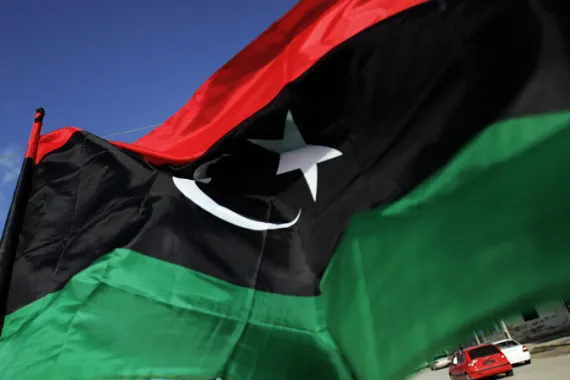
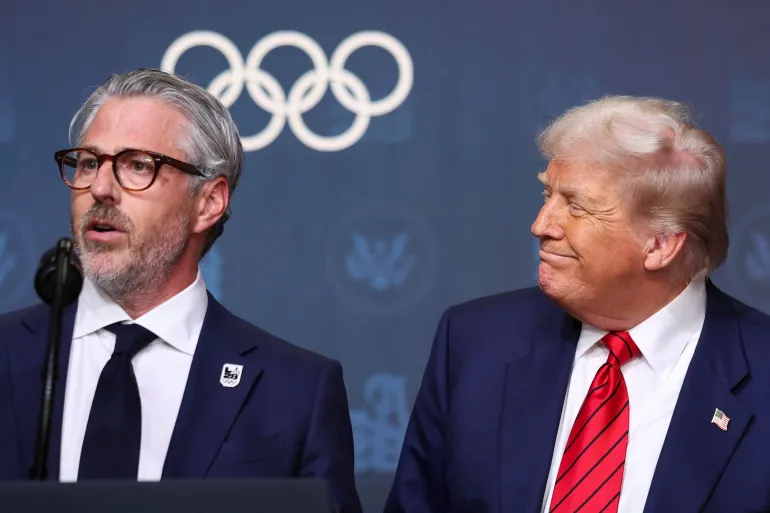
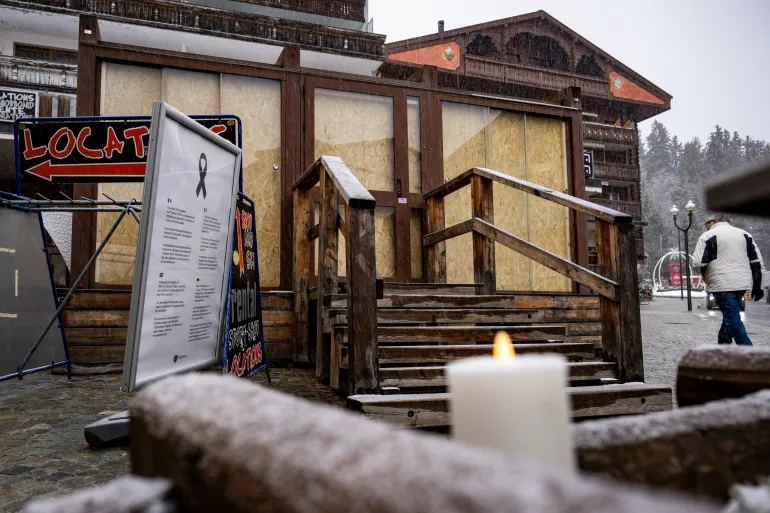
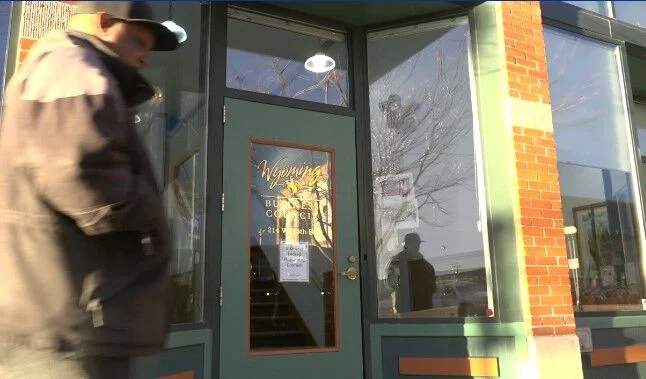



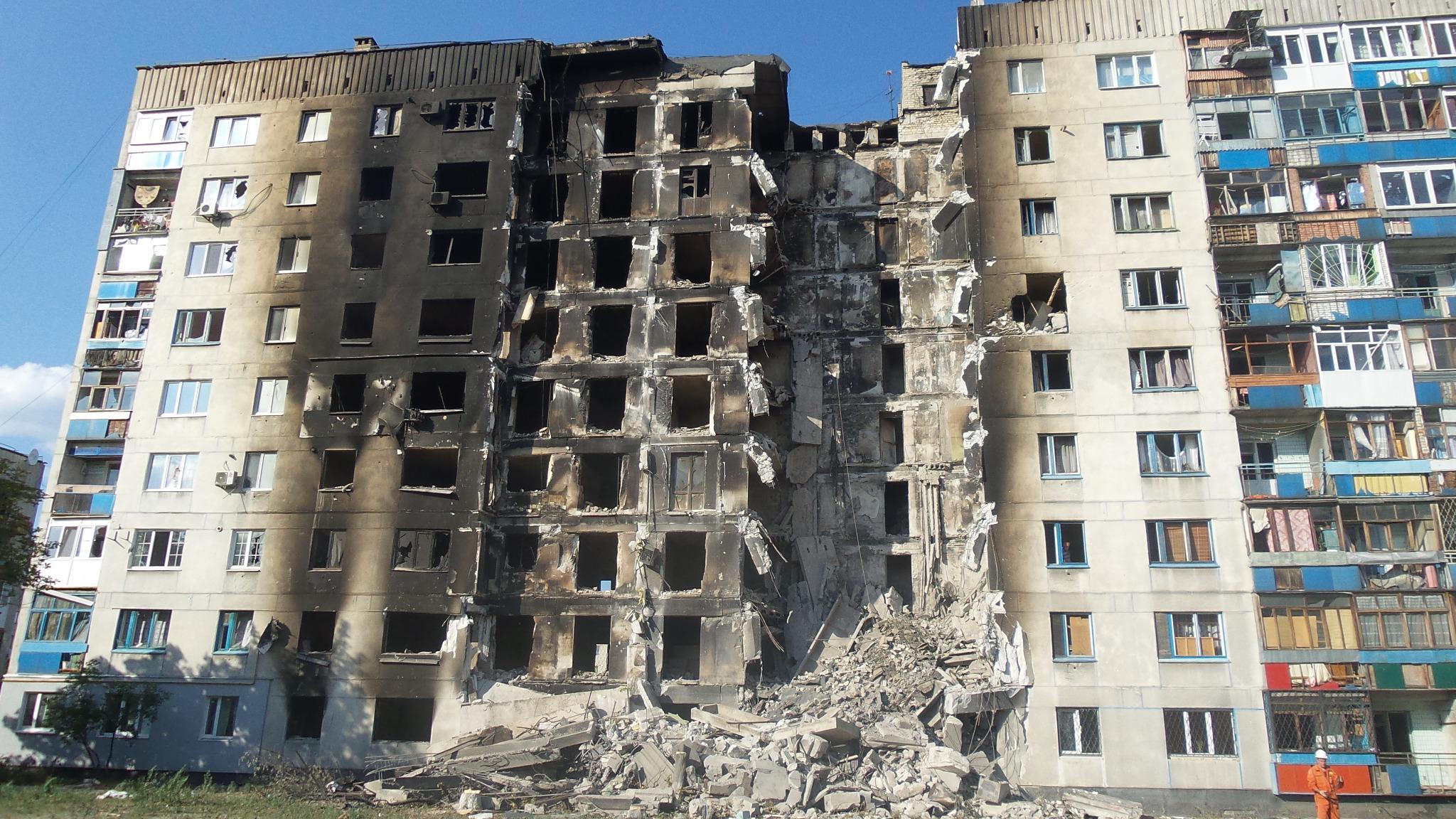

The latest news in your social feeds
Subscribe to our social media platforms to stay tuned